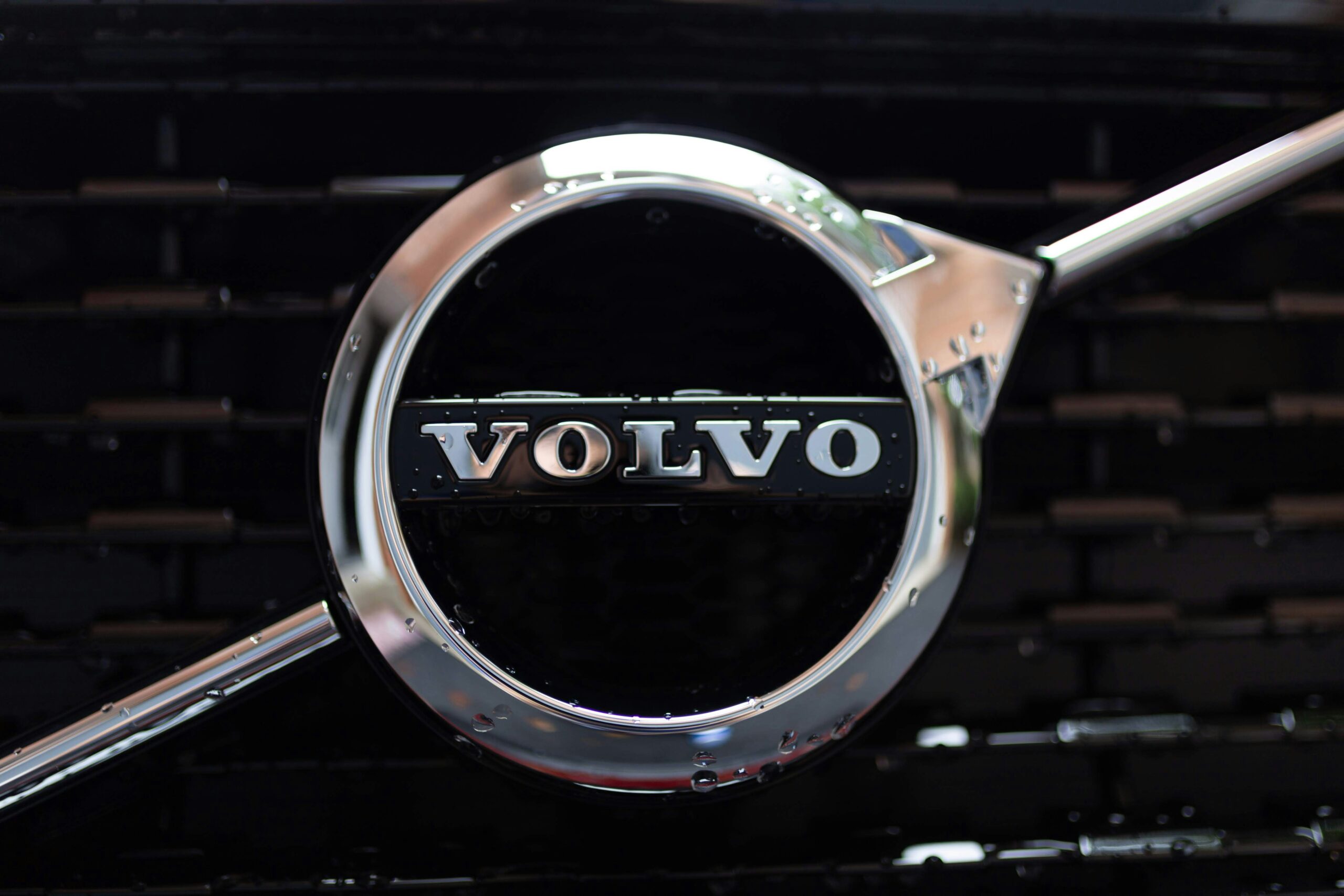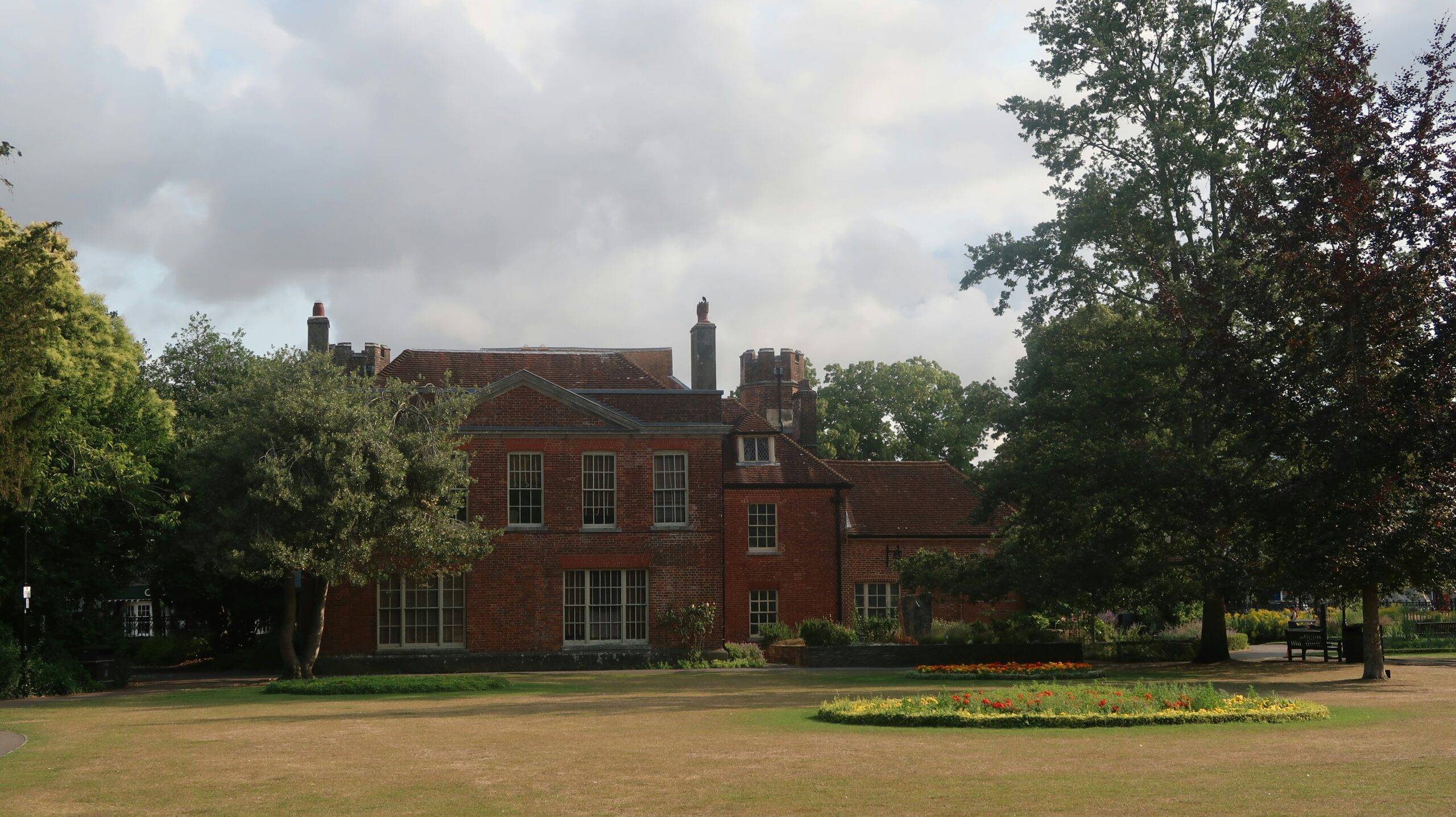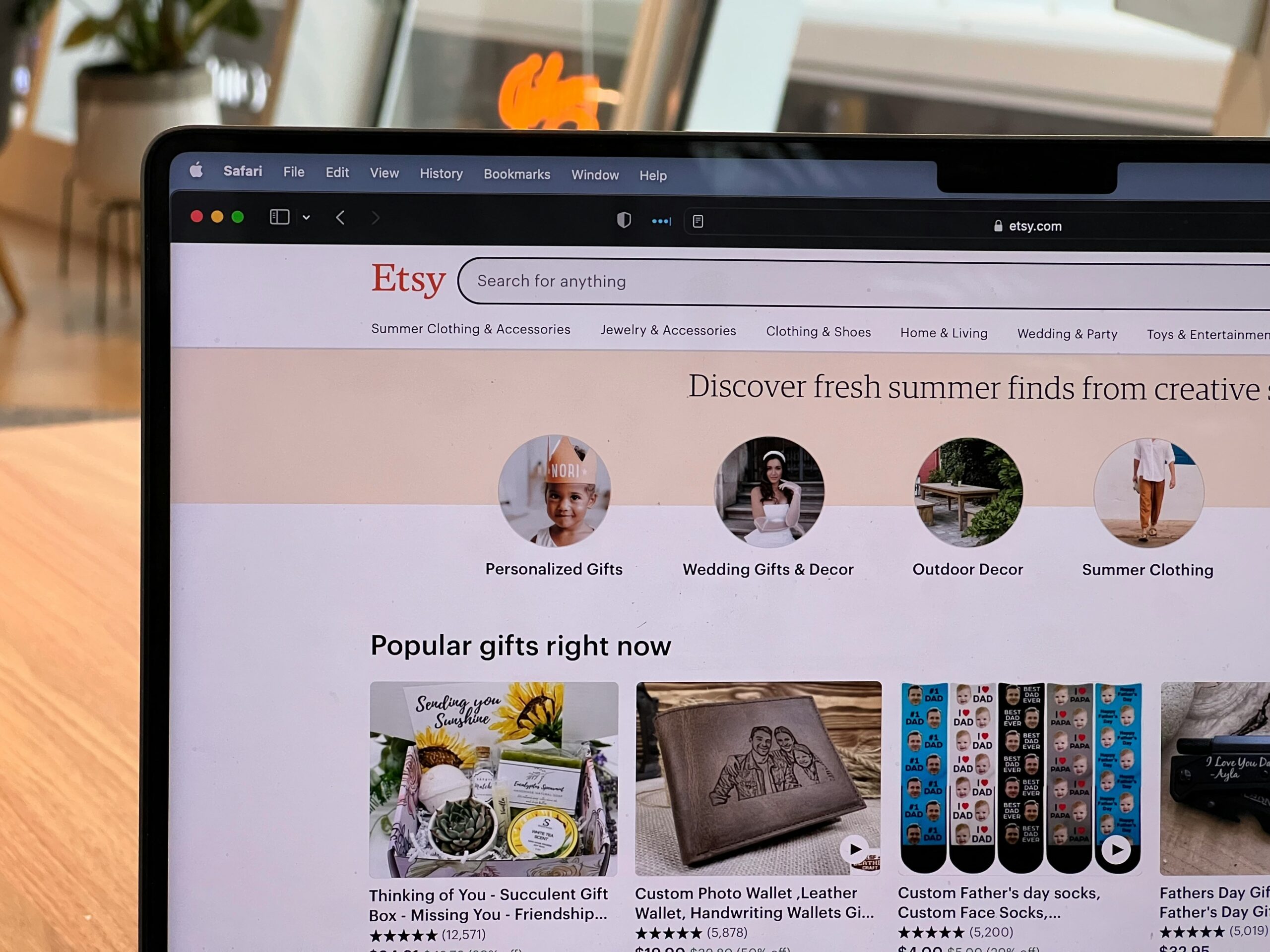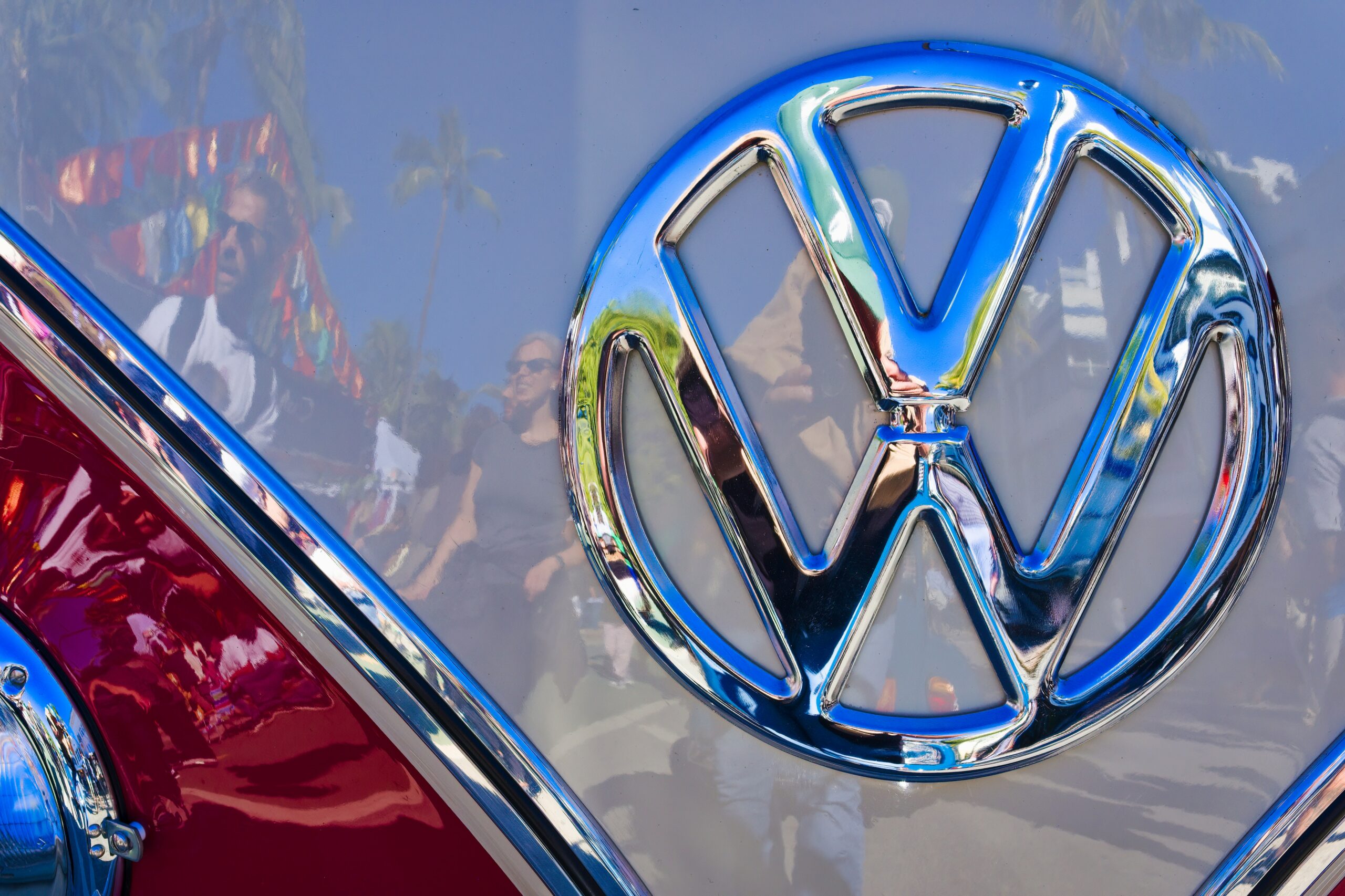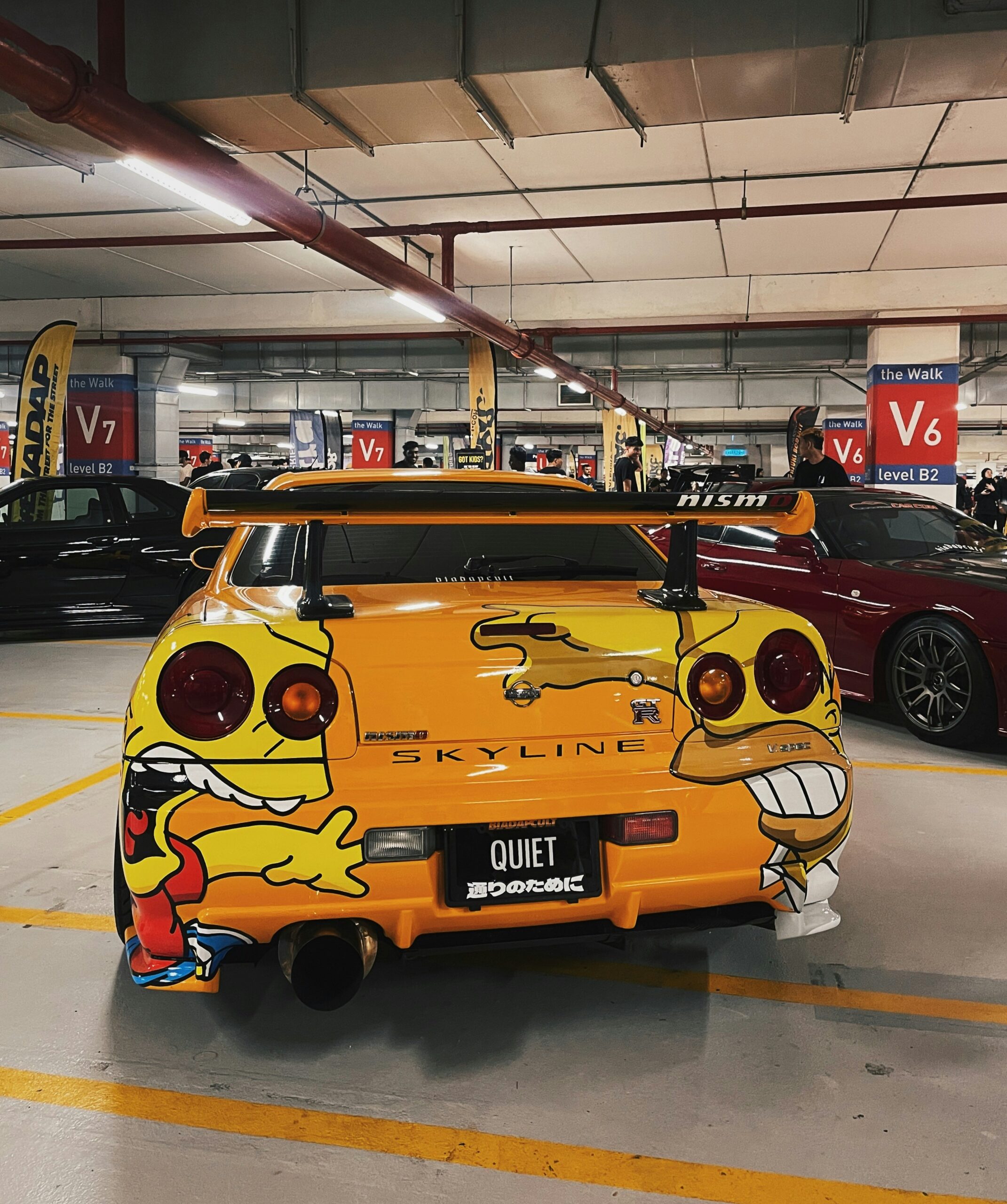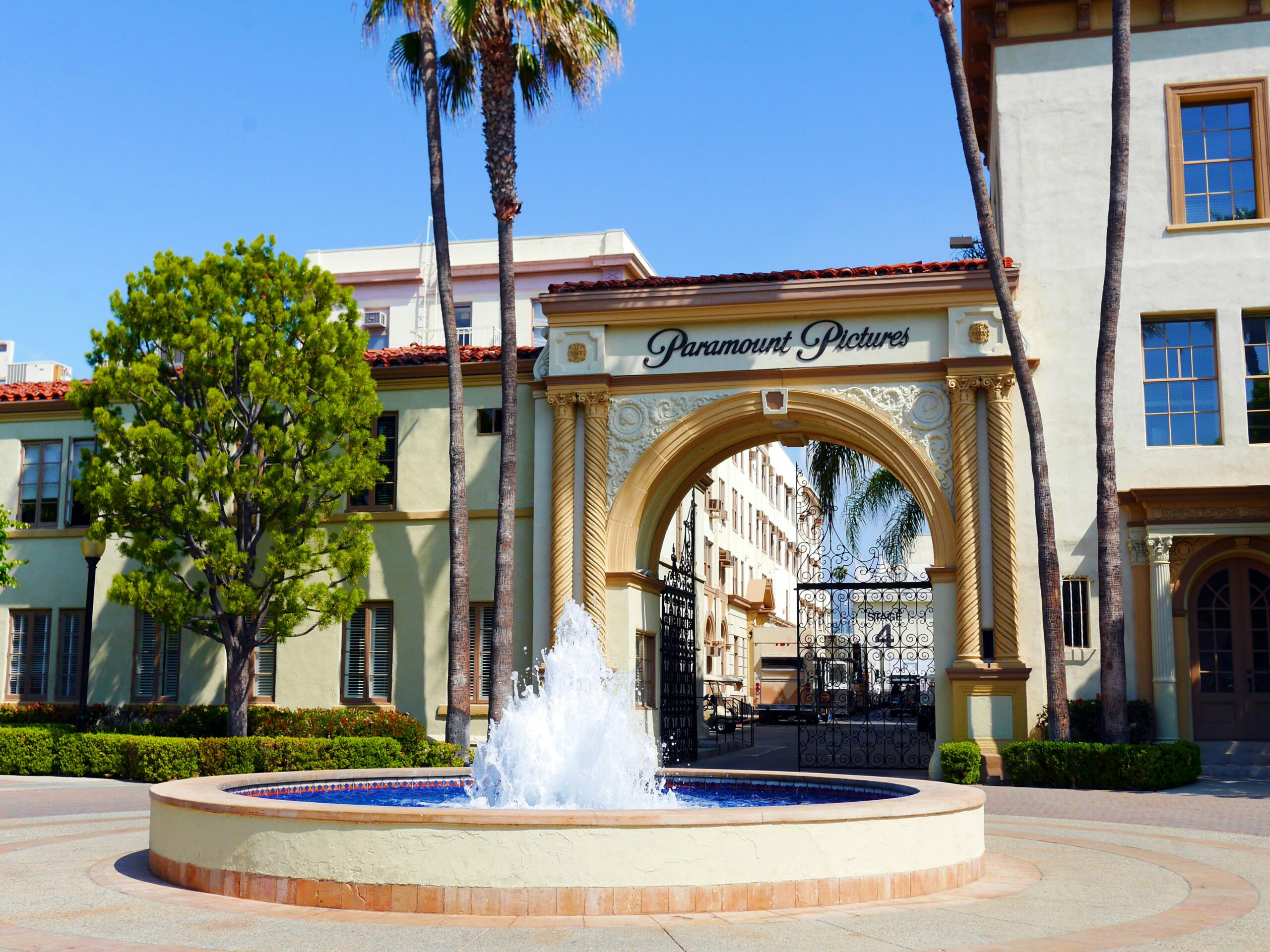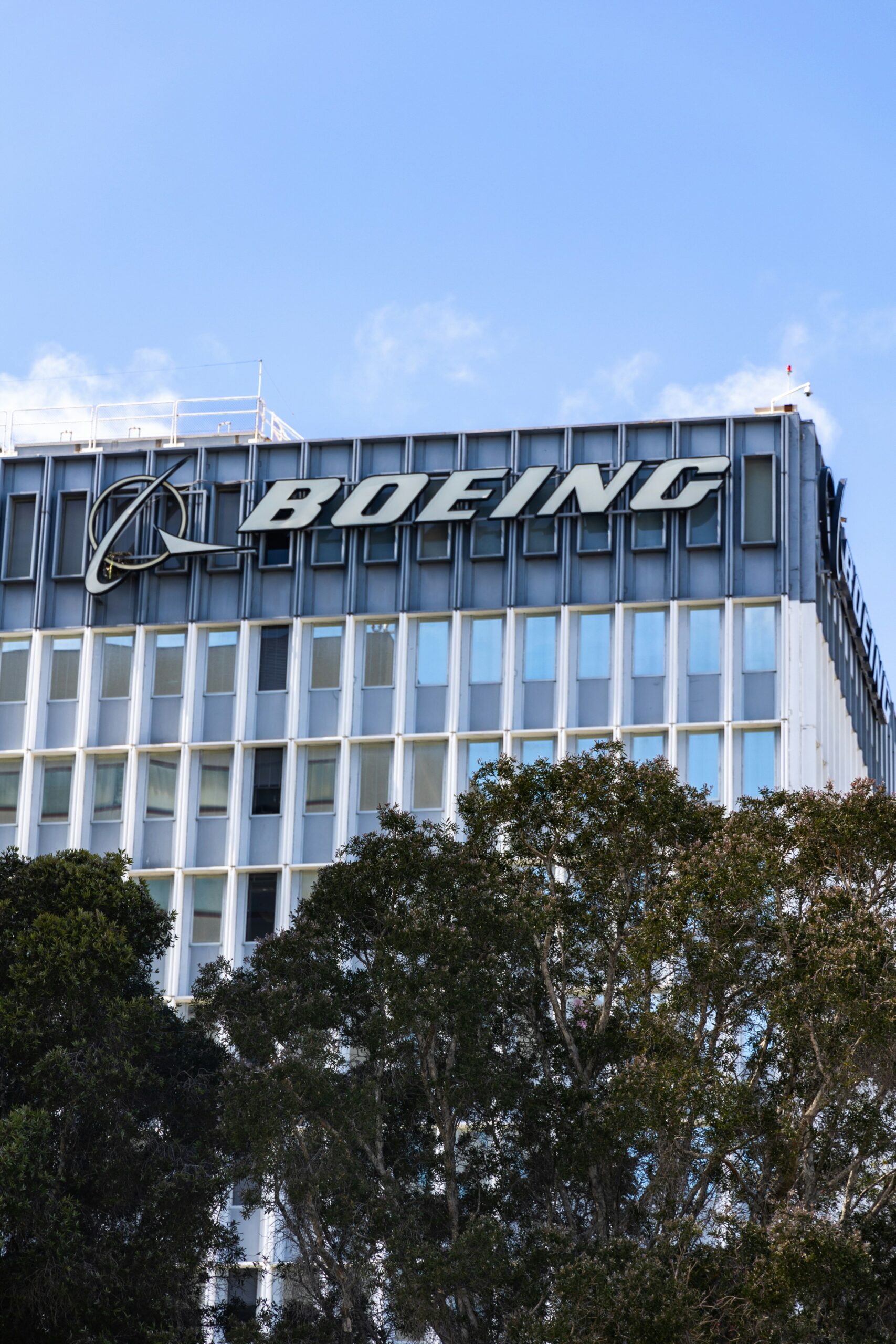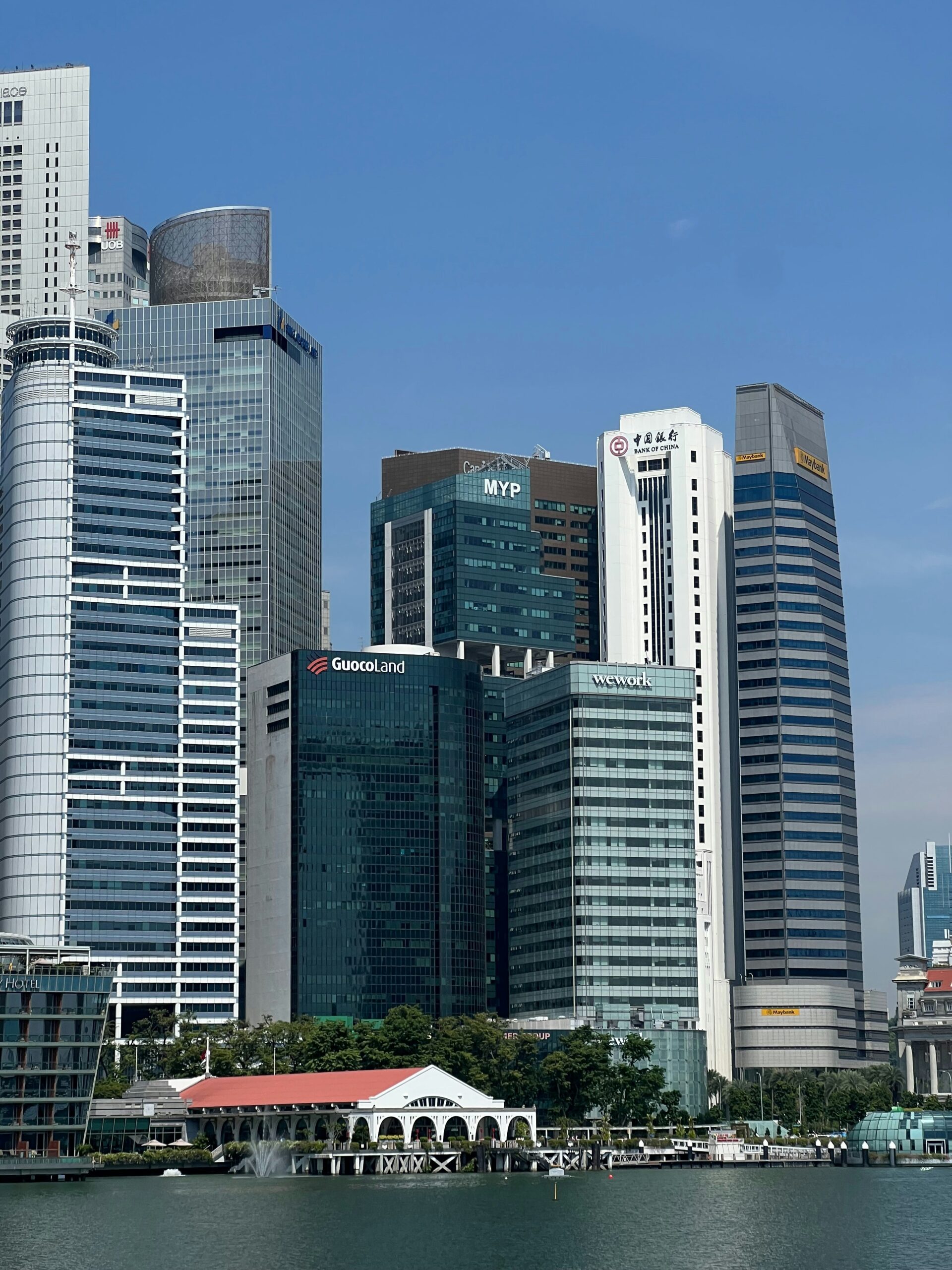Image credit: Unsplash
Pehr Gyllenhammar, 89, was a towering figure in global business and the architect of Volvo’s rise as a global brand. He passed away on November 21, 2024. Gyllenhammar’s life and career spanned decades of innovation, social responsibility, and transformative leadership across multiple industries.
Early Life and Career
Gyllenhammar was born in Gothenburg, Sweden, on April 28, 1935. He came from a prominent business family: his father, also named Pehr, was a leading industrialist, and his mother was of Jewish heritage.
After a brief tenure at the financial services corporation Skandia, Gyllenhammar succeeded his father-in-law, Gunnar Engellau, as CEO of Volvo in 1971. Over 12 years, he reshaped the company and laid the foundation for its global foundation.
Revolutionizing Volvo
Gyllenhammar believed in making capitalism more human-centered. He famously restructured Volvo’s assembly lines to give workers a sense of ownership and pride in their craft. “The assembly line is very impersonal,” he said. “I changed car production lines so workers could see what they were making. This improved workforce quality and loyalty.”
He also reduced Volvo’s head-office staff from 2,200 to 100. The goal? To empower the company’s local branches. To address health issues among workers, he introduced gender-specific tools, remarking, “Like magic, all their health problems disappeared. And quality improved because you didn’t have to intervene all the time.”
Gyllenhammar’s focus on safety redefined Volvo’s image. He ended the production of the popular P1800 sports car and shifted to safety-first sedans and station wagons. Despite consumer protests, this strategy became the cornerstone of Volvo’s identity. “He was instrumental in shaping Volvo Cars into what it is today,” the company stated.
Expanding Beyond Automobiles
Under Gyllenhammar’s leadership, Volvo diversified into energy, aerospace, and pharmaceuticals. He also acquired White Motor Company in the U.S. and the car division of the Dutch company DAF. However, Gyllenhammar’s ambitious plan to merge Volvo with Renault faced opposition and ultimately failed in 1993.
This led to his departure, and five years later, Volvo was sold to Ford and later to China’s Geely. Gyllenhammar expressed disappointment, saying, “Volvo no longer exists today, having been dismantled at a furious pace without getting anything in return.”
A Broader Legacy
Gyllenhammar’s influence extended far beyond Volvo. He held leadership roles at insurance company Aviva, publishing company Pearson, and Renault. He was also a senior adviser to financial advisory and asset management firm Lazard Frères and vice-chairman of asset investor Rothschild Europe. He was a founding member of the Roundtable of European Industrialists. There, he championed coordinated public investment across Europe.
In addition to his corporate achievements, Gyllenhammar supported sports and the arts. Volvo sponsored the Gothenburg Symphony Orchestra, the Gothenburg Opera, and equestrian events under his guidance. He was also a passionate yachtsman, winning competitions and naming his boats Amanda, meaning “beloved.”
Personal Life
Gyllenhammar married Christina Engellau in 1959, and they had four children: Cecilia, Charlotte, Sophie, and Oscar. After Christina died in 2008, he married twice more and welcomed a daughter, Barrett, in 2016 with his third wife, Lee Croll.
Insights on Leadership
Gyllenhammar’s progressive views on capitalism and executive compensation were ahead of his time. He argued that income disparity was unjustifiable and called for merit-based pay structures. “Today, income disparity is so egregious that to many, it can’t be justified,” he insisted.
He shared his philosophy in seven books, including Character is Destiny: Reflections on Innovation and Integrity, published in 2020. His advice to young professionals: “They should have integrity, independence, and freedom from bias. To be neutral and unbiased is a very good thing; it makes you much more open-minded.”
A Life Well Lived
Pehr Gyllenhammar’s impact on business, society, and culture endures. His vision for a more humane and responsible capitalism continues to inspire leaders worldwide. As he once said, “The future of any organization lies in the principles it stands for and the integrity of its people.”
